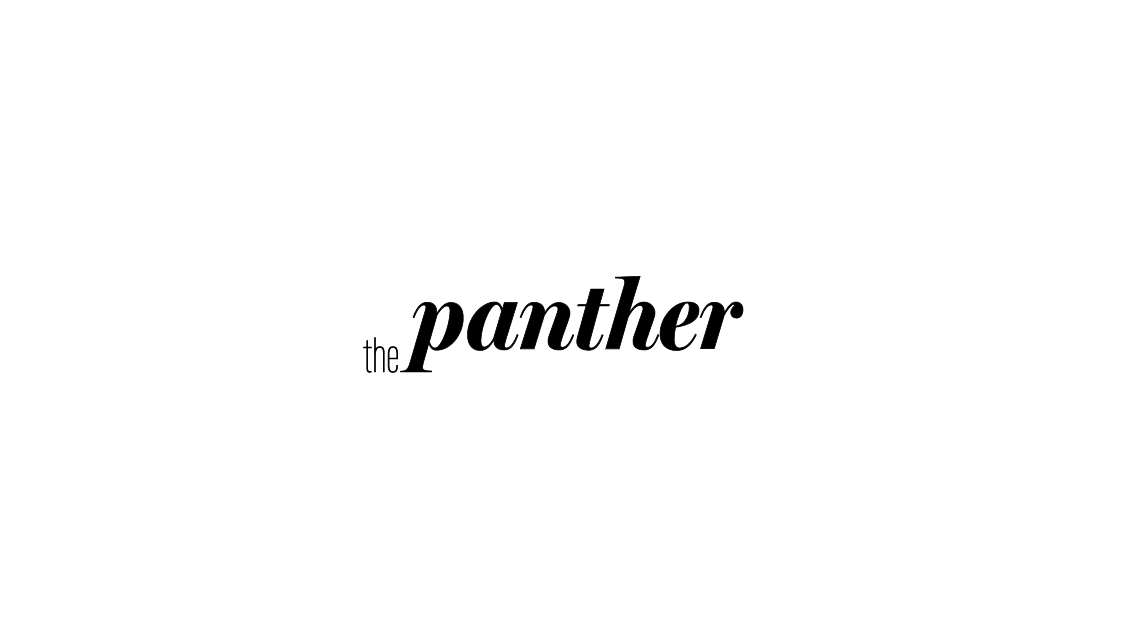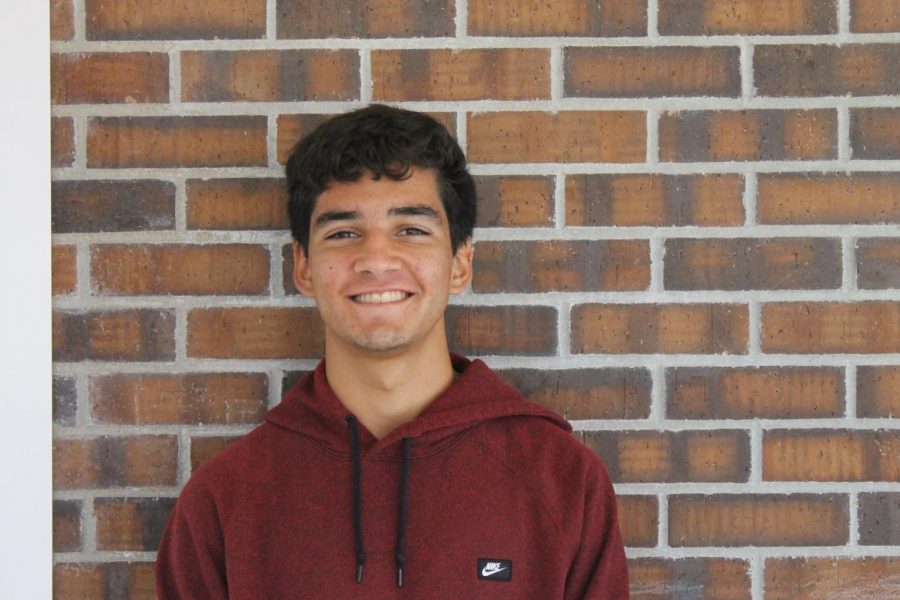Social media threatens the essence of our democracy
April 7, 2020
According to data compiled by Statista.com, almost 4 out of 5 Americans use social media in some form. This shouldn’t be surprising, as social media has helped billions connect and share ideas for years now. Unfortunately, social media is quickly evolving, threatening the future of democracy as we know it.
When social media first emerged, many of the oppressed and downtrodden around the world rejoiced, hoping increased connectivity would be a huge victory for democracy. As seen in the Egyptian Revolution of 2011, Facebook and other social media helped frustrated Egyptians share their pain, comfort one another and organize mass protests.
Similar coeval movements cemented a growing optimism about social media, showing how autocratic regimes could be confronted more effectively when social media were used as tools to organize and uplift.
Fast forward to today, and you’ll find social media inspiring more mistrust and skepticism than hope. Massive disinformation campaigns, wherein state and nonstate actors alike flood social media outlets with dishonest political propaganda, have become extremely popular, and are incredibly powerful.
Do a little research, and you’ll find that disinformation played a vital role in Jair Bolsonaro’s victory in the 2018 presidential election in Brazil. Unfortunately, due to the nature of fact-checking, it is far easier to spread misinformation than to correct it.
What’s worse, even when independent fact-checkers can catch up, the purported falsehood(s) may have already embedded themselves in a person’s belief system to the point where any attempts to correct misinformation may backfire, simply reinforcing the misguided belief.
Social media can also be used to help political campaigns micro-target countless pockets of the population at a time. Leading up to the 2016 election, the Trump election campaign conspired with Cambridge Analytica, a voter-profiling company, in an attempt to win the election.
Cambridge Analytica developed psychographic profiles for, supposedly, all categories of American adults. At the time, they didn’t possess the data necessary for their plan to reach fruition: they didn’t know where to send which messages. That’s where Facebook came in, giving Cambridge Analytica access to private information of more than 50 million Americans, in what was one of the largest data breaches in history.
The Trump campaign then worked alongside Cambridge Analytica to customize messages for different demographics in order to build support, for now, President Trump. They utilized personal user information from Facebook, looking at likes, shares, time spent looking at certain pages or images, and more to determine which messages would be most effective.
As unfortunate as this predicament is, it’s not without remedy. Aside from larger action that would need to be undertaken by either lawmakers or social media executives, or both, there are precautions everyday people like you and I can take to safeguard our minds from the effects of social media. For instance, source vetting can be a simple way to verify the integrity of news sources. Good ways to do this include but are not limited to calling or emailing a news source, as well as searching for it on the Internet and looking for other material written by the same source. Voters should also view information from sources from both sides of the political spectrum.
Social media does pose a big threat to democracy, and we shouldn’t underestimate it, but there are ways to stay safe that we should all do our best to practice.


